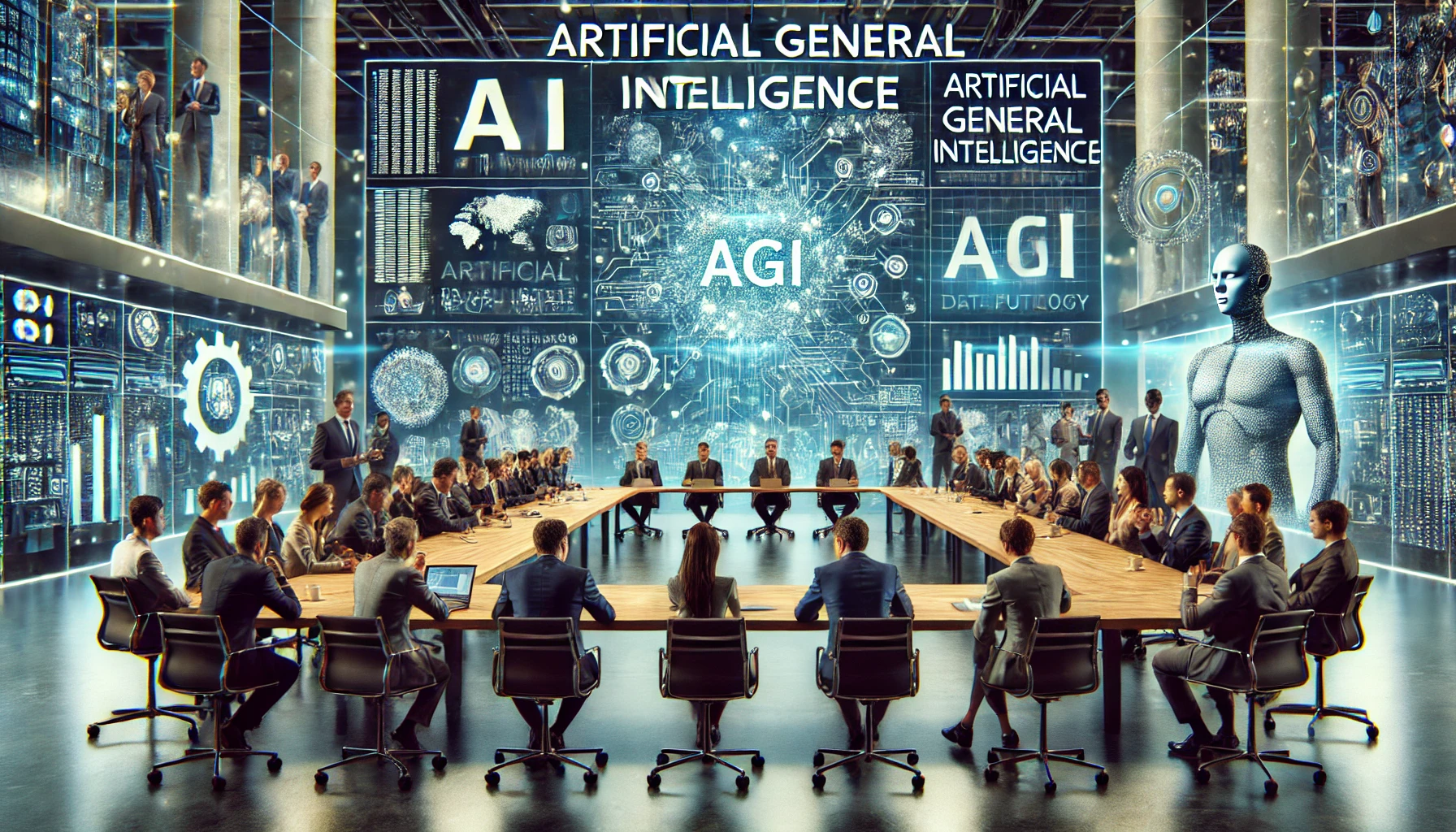Mark Zuckerberg, the visionary CEO of Meta (formerly Facebook), has always been at the forefront of technological innovation. His latest ambition, however, is his most audacious yet: the development of Artificial General Intelligence (AGI). Unlike narrow AI, which is designed to perform specific tasks, AGI aims to replicate human-like intelligence, capable of understanding, learning, and applying knowledge across a wide range of domains. This bold pursuit holds the potential to revolutionize various aspects of society and reshape the future of technology.
Understanding AGI
Artificial General Intelligence, or AGI, represents the next frontier in artificial intelligence. While current AI systems, such as those used in voice assistants or recommendation algorithms, are limited to specific tasks, AGI aspires to achieve a higher level of cognitive function. AGI would be able to perform any intellectual task that a human can, with the ability to generalize knowledge and skills across different fields. This would mark a significant leap from today’s AI capabilities, potentially leading to unprecedented advancements in science, medicine, education, and numerous other areas.
Zuckerberg’s Vision for AGI
Mark Zuckerberg\’s interest in AGI is rooted in his broader vision for the future of Meta. He envisions a world where AGI can drive significant improvements in various domains, from personalized education and healthcare to enhanced virtual and augmented reality experiences. By leveraging AGI, Zuckerberg aims to create systems that are not only more intelligent but also more adaptable, capable of understanding and responding to human needs in a more intuitive manner.
Key Areas of Focus
-
Personalized Education: One of Zuckerberg’s primary goals is to harness AGI to revolutionize education. With AGI, educational systems could adapt to the individual learning styles and paces of students, offering personalized content and support. This would ensure that each student receives the attention and resources they need to thrive, potentially closing educational gaps and fostering a more equitable learning environment.
-
Advanced Healthcare: AGI holds the promise of transforming healthcare by providing more accurate diagnoses, personalized treatment plans, and improved patient care. Zuckerberg envisions AGI systems that can analyze vast amounts of medical data, learn from it, and make informed decisions in real-time, enhancing the capabilities of healthcare professionals and improving patient outcomes.
-
Enhanced Virtual and Augmented Reality: Meta\’s investment in virtual and augmented reality technologies, exemplified by the Metaverse, is a crucial component of Zuckerberg’s AGI ambitions. AGI could play a pivotal role in creating more immersive and interactive virtual environments, understanding user behaviors and preferences, and adapting experiences in real-time to create more engaging and personalized interactions.
-
Sustainable Development: Another critical area where Zuckerberg sees potential for AGI is in addressing global challenges such as climate change and sustainable development. AGI could analyze environmental data, model complex systems, and develop innovative solutions to mitigate the impacts of climate change, optimize resource usage, and promote sustainable practices worldwide.
The Challenges of AGI
While the potential benefits of AGI are immense, the path to achieving it is fraught with challenges. Developing AGI requires significant advancements in several areas of AI research, including machine learning, natural language processing, and cognitive computing. Additionally, there are substantial ethical and societal considerations that must be addressed.
-
Technical Hurdles: The complexity of creating an AGI system that can perform any intellectual task a human can is a monumental challenge. Researchers must develop algorithms capable of generalizing knowledge across domains, understanding context, and learning from minimal data. These technical hurdles require groundbreaking innovations and collaborative efforts across the AI research community.
-
Ethical Considerations: The development and deployment of AGI raise numerous ethical questions. Ensuring that AGI systems are aligned with human values and do not pose unintended risks is paramount. Issues such as bias, transparency, accountability, and the potential for misuse must be carefully managed to ensure that AGI benefits society as a whole.
-
Societal Impact: The widespread adoption of AGI could have profound societal impacts, including changes in the labor market, economic disparities, and the nature of human-AI interactions. Preparing for these changes and mitigating potential negative consequences will be crucial to realizing the full potential of AGI in a responsible and equitable manner.
Meta’s Roadmap to AGI
Meta’s roadmap to AGI involves several strategic initiatives aimed at advancing AI research and development. The company has invested heavily in building world-class research labs, attracting top talent, and fostering collaborations with academic institutions and industry partners. Key components of Meta’s strategy include:
-
Research and Development: Meta is committed to pushing the boundaries of AI research through dedicated R&D efforts. This includes exploring novel approaches to machine learning, developing new AI architectures, and advancing our understanding of cognitive processes.
-
Ethical AI: Ensuring that AGI is developed responsibly is a core principle of Meta’s approach. The company has established ethical guidelines and oversight mechanisms to address issues such as bias, fairness, and transparency in AI systems. Meta is also actively engaged in dialogue with policymakers, researchers, and ethicists to shape the future of AGI in a way that prioritizes societal well-being.
-
Collaboration and Open Innovation: Recognizing the collaborative nature of AI research, Meta is committed to open innovation and sharing knowledge with the broader AI community. This includes publishing research findings, contributing to open-source projects, and partnering with other organizations to tackle the challenges of AGI development collectively.
The Future of AGI
Mark Zuckerberg’s AGI ambitions represent a bold and visionary pursuit that could reshape the future of technology and society. While the journey to AGI is fraught with challenges, the potential rewards are immense. By advancing AI research, addressing ethical considerations, and fostering collaboration, Meta aims to unlock new possibilities that enhance human potential and improve quality of life.
As we look to the future, the realization of AGI will require a concerted effort from the global AI community, including researchers, policymakers, and industry leaders. The pursuit of AGI is not just a technological challenge but a societal one, demanding careful consideration of its impacts and a commitment to ensuring that its benefits are shared equitably.






